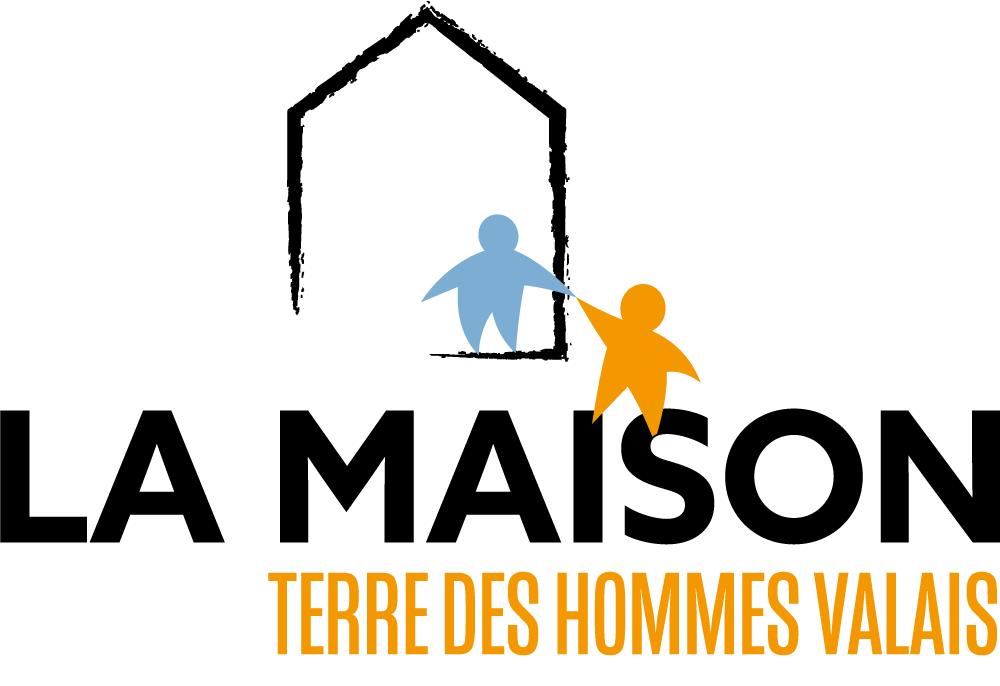Between the will to live and unexpected barriers: Maimouna’s story
written on the 15.07.2024Eight years after her pacemaker was changed during a third transfer to Switzerland, Maimouna had to have another surgery. A surgery in Guinea was not feasible. A race against time began. With two failed attempts to reach Switzerland, Maimouna journey illustrates her courage and determination in the face of unforeseen challenges. She shares her story, underlining the vital importance of this new, fourth transfer.
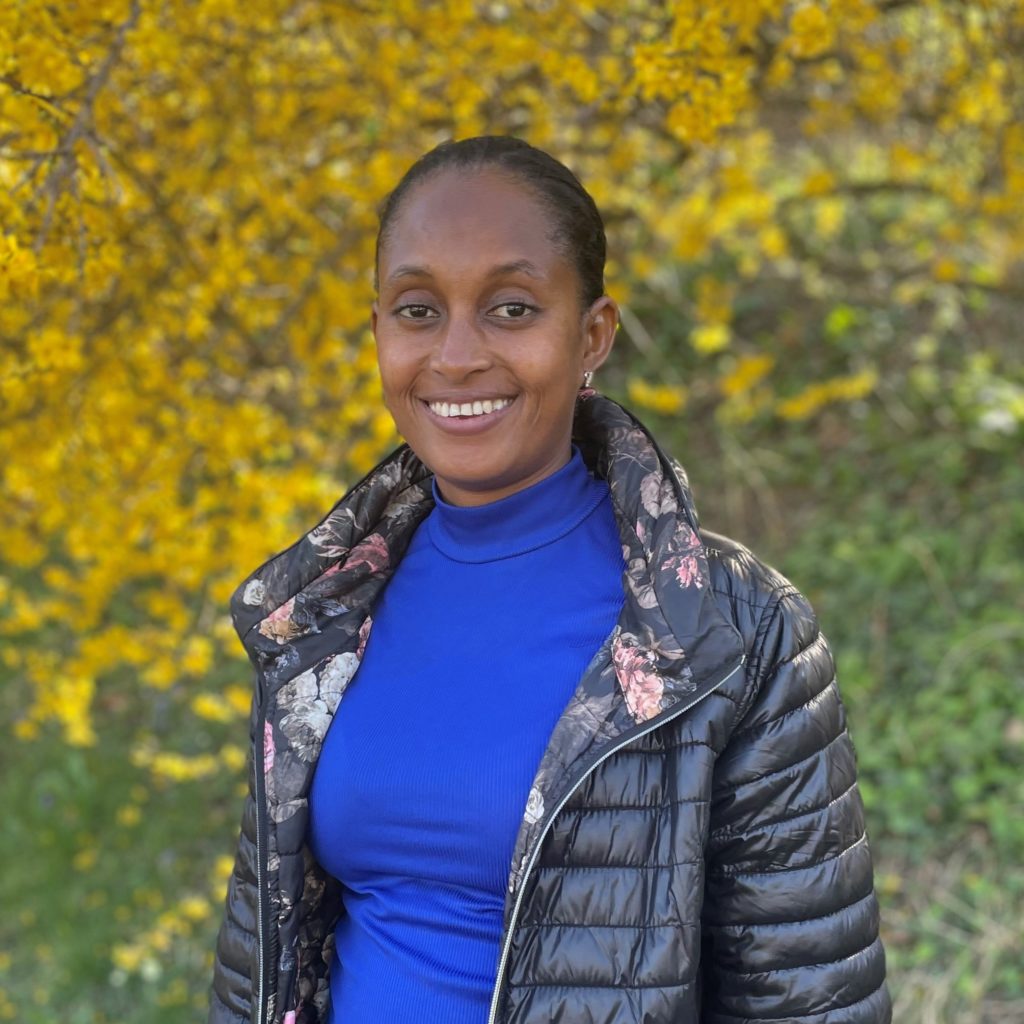
“What strikes me most about Switzerland is the humanism, the solidarity between people and the respect for others.”
Maimouna
How did you first come to Switzerland?
In 2009, at the age of 15, I took my first trip outside Africa. In Guinea, the doctors were not able to identify my exact health problem. So, in 2008, my mother and I decided to go to Senegal. Medical care in Senegal was also difficult to access. The Senegalese doctors estimated that the risks associated with surgery were too high, particularly because of the thrombosis I was developing. After three months of treatment in Senegal, we had given up hope.
Yet, I continued to insist on going to my medical appointments at the hospital, despite the pain this caused my mother. I didn’t want to die at home or to be turned away from hospital for my last days. We returned to Guinea and began the process of coming to Switzerland to get the necessary treatment. That is how we met a woman whose child was on a medical transfer to Switzerland. Thanks to this encounter, we were able to find the organisation that took care of my medical transfers to Switzerland.
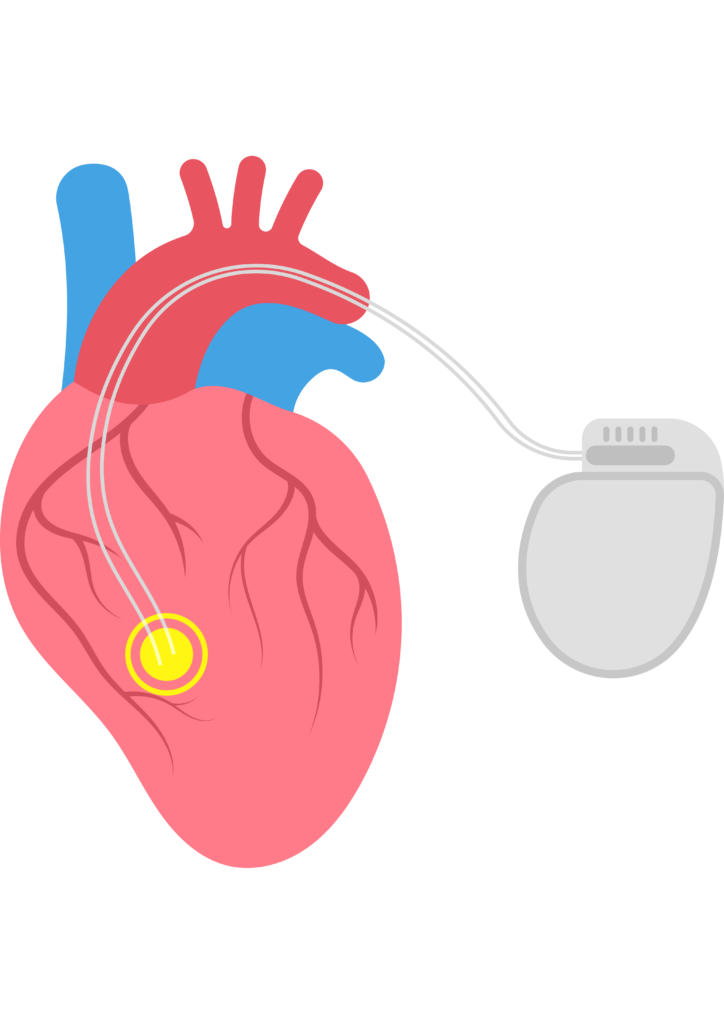
A pacemaker is a medical device that stimulates the heart to contract at a regular rate. Thus, it restores a normal heart rate. Also known as a pacemaker, this box is about 4 centimetres long and is implanted under the skin. It contains a battery and is connected to the heart chambers by leads
A glimmer of hope at La Maison
This is your 4th stay at the HUG and at La Maison. What strikes you most when you arrive in Switzerland?
What strikes me most in Switzerland is the humanism, the solidarity between people and the respect for others. The way they listen to patients, the advances in medical technology, the hospital infrastructure and, above all, the way they explain your health problem to you. In Guinea, it is the opposite of everything I have just mentioned. At La Maison, I have found my place and a family. I can be myself and talk freely to the other residents about our respective stories. La Maison played a big role in facilitating my return to Switzerland.
The medical care Odyssey
Can you describe your experience as a patient transferred to Switzerland?
It was indeed very complicated. Medical care in Guinea is very difficult to obtain, and it is currently impossible to undergo surgery there, particularly to replace my pacemaker. Getting a diagnosis is a challenge in itself. La Maison has been very beneficial to me, enabling me to be accommodated as soon as I was discharged from hospital and to have daily medical follow-up. Zihret Hazanovic, who is in charge of the coordination at La Maison, organised my whole trip.
Facing adversity
Maimouna, you’ve been unable to fly on two occasions. What obstacles did you encounter?
The first time, my passport was blocked at the embassy, which was closed because of a demonstration in my country. The second time, I had complications at the airport because the airline required to see a doctor before boarding the plane. I was also accused of having a fake ticket. All this added to my anxiety and tiredness, knowing that my pacemaker was no longer working. Physically, it was extremely trying and psychologically, it was very difficult. I went home and told myself it was no longer possible. I was really depressed. You have to keep hoping and find the mental strength to survive… Now, I am safe and very relieved.
A message of hope
A message to other sick children?
I would encourage them to keep hoping and to persevere, even if the local doctors seem to have given up. I would like to express my gratitude to cardiologist Dr Judith Bouchardy, my doctor in Switzerland, as well as to Zihret Hasanovic and Philippe Gex from La Maison, and also to Professor Jean-Jacques Goy from the foundation “Une Chance, un cœur”, for their dedication to me. A huge thank you to all those who support La Maison and its noble mission. I deeply admire this commitment to a fairer and more equitable world.
In a world where medical challenges can seem insurmountable to many, Maimouna’s story is a poignant reminder of human resilience and the strength of community. Her journey, marked by hardship, is also a testament to humanity’s ability to pull together to offer help and hope to the most vulnerable.
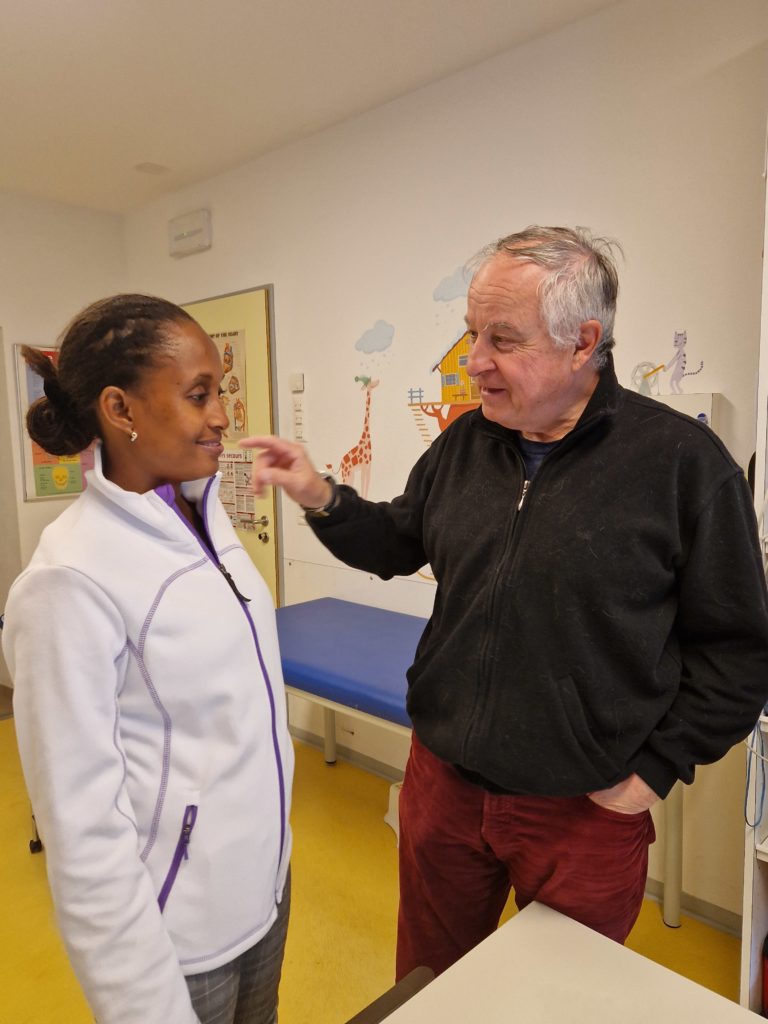
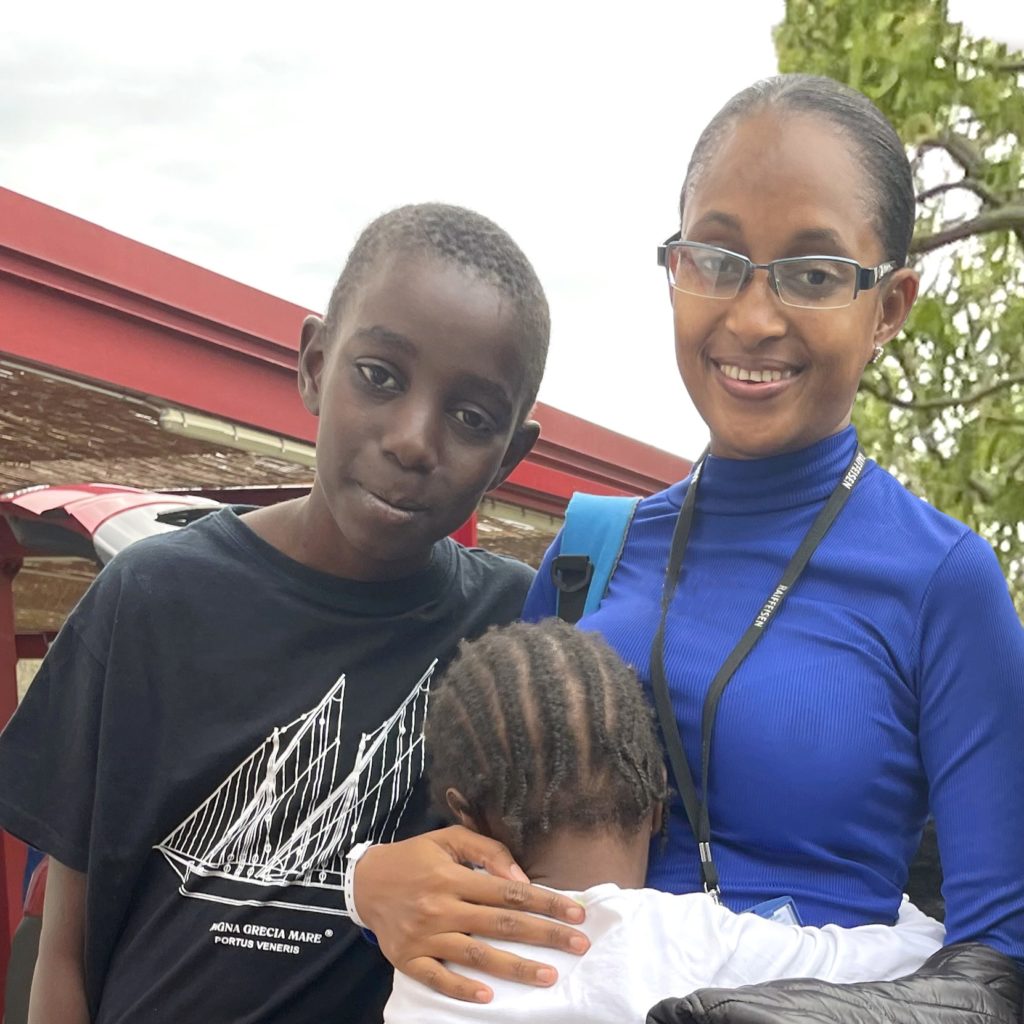
“I would advise them to keep hoping and to persevere, even if the local doctors seem to have given up.”
Maimouna
Challenges and successes: Maimouna’s medical transfer to Switzerland
Interview with Zihret Hasanovic, coordinator, who managed Maimouna’s transfer
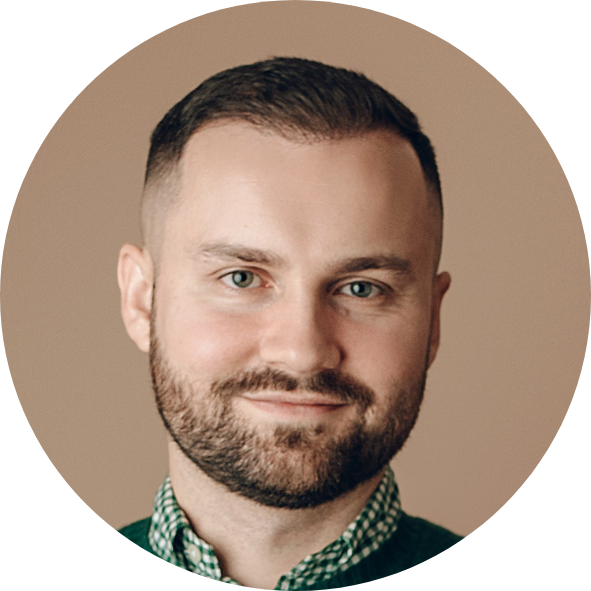
Organising Maimouna’s medical transfer to Switzerland was a major challenge for the La Maison coordination team, mainly because of the urgency of her condition. As head of coordination at La Maison de Terre des hommes Valais, Zihret Hasanovic shares his experience of the obstacles encountered and the successes achieved in this crucial mission.
What were the main challenges linked to Maimouna’s state of health and the urgency of her trip to Switzerland to have her pacemaker battery replaced?
Unfortunately, due to the lack of suitable equipment on site in Guinea, it was impossible for us to know the exact condition of the battery, and therefore to determine whether we had a few days or several weeks ahead of us to change it. A number of obstacles stood in our way.
What were they?
The visa application procedure is complex and long in Guinea. As there is no Swiss embassy there, we have to go through the Swiss embassy in Côte d’Ivoire, with whom we have a very good relationship. Fortunately, we can count on their goodwill.
We don’t have any staff abroad, so, from Switzerland, we have had to support and follow Maimouna through the various steps of the procedure. We set up daily telephone calls at each stage of the procedure. Her health was very frail. We had to anticipate and prepare her journey so that it would be as stress-free as possible for her, with assistance from start to finish, in order to avoid the slightest effort.
What measures were taken to take account of Maimouna’s specific medical considerations and ensure her well-being during her trip to Switzerland?
We maintain open and transparent communication with all those involved in Maimouna’s care during her transfer to Switzerland. A consultation at the HUG was scheduled shortly after her arrival in Switzerland. Thanks to the professionalism and contribution of everyone involved, everything was perfectly orchestrated, enabling the pacemaker battery to be replaced in the days following her arrival in Switzerland – a real “phew” of relief for us all.
The care coordination service at La Maison de Terre des hommes Valais plays a crucial role in the care of young patients at Massongex.
It is composed of four coordinators based within the University Hospitals of Lausanne and Geneva. This team is committed to facilitating communication between the various health stakeholders, as well as between the different departments of La Maison. The team makes every effort to ensure a smooth and efficient care pathway for each patient who stays at La Maison and is the one who welcomes the children when they get off the plane at Geneva airport.
